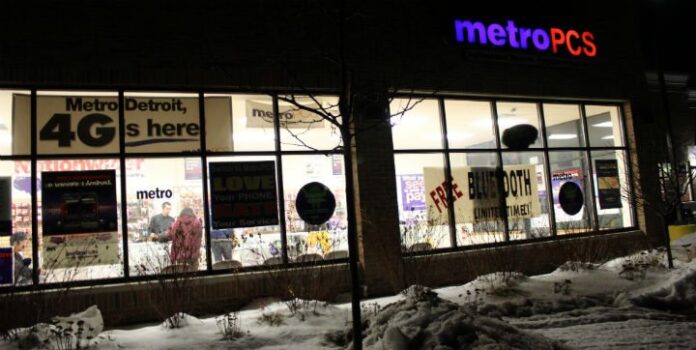Remaining three CDMA markets served by MetroPCS were decommissioned on June 21
T-Mobile US on Sunday shut down the legacy CDMA network that supported subsidiary MetroPCS; 190,000 MetroPCS customers were still using the network in three major metro markets, according to reports.
The remaining MetroPCS customers on the CDMA network were in New York, Dallas and Miami. In July 2014, T-Mobile US shut down the legacy CDMA networks in Las Vegas; Hartford, Conn.; and Boston. The carrier had previously estimated the cost of decommissioning the markets turned off Sunday at between $375 million and $475 million.
The CDMA network shut down is part of T-Mobile US’ strategy to reallocate the 1.9 GHz and 1.7/2.1 GHz spectrum assets to support its LTE service. According to the MetroPCS website, customers with handsets that don’t support LTE can trade in their devices for an upgrade to an LTE-compatible device.
“After [June 21, 2015] MetroPCS will be converting our legacy network to our new network, making the network bigger and faster in these markets,” the website notes. “Phones operating on MetroPCS’ legacy network after [June 21, 2015] are not guaranteed to have service.”
T-Mobile US has targeted marketing efforts at MetroPCS customers, urging them to trade in their CDMA devices in favor of GSM/LTE-ready devices. For example, in a promotion that ended in April, MetroPCS customers could upgrade to an unlimited LTE data plan for $50 per month.
T-Mobile US acquired MetroPCS in 2013 and immediately began refarming MetroPCS spectrum to support T-Mobile US’ GSM and LTE networks. The carriers also previously stated plans to turn down up to 10,000 cell sites in a move that could save T-Mobile US up to $7 billion.

